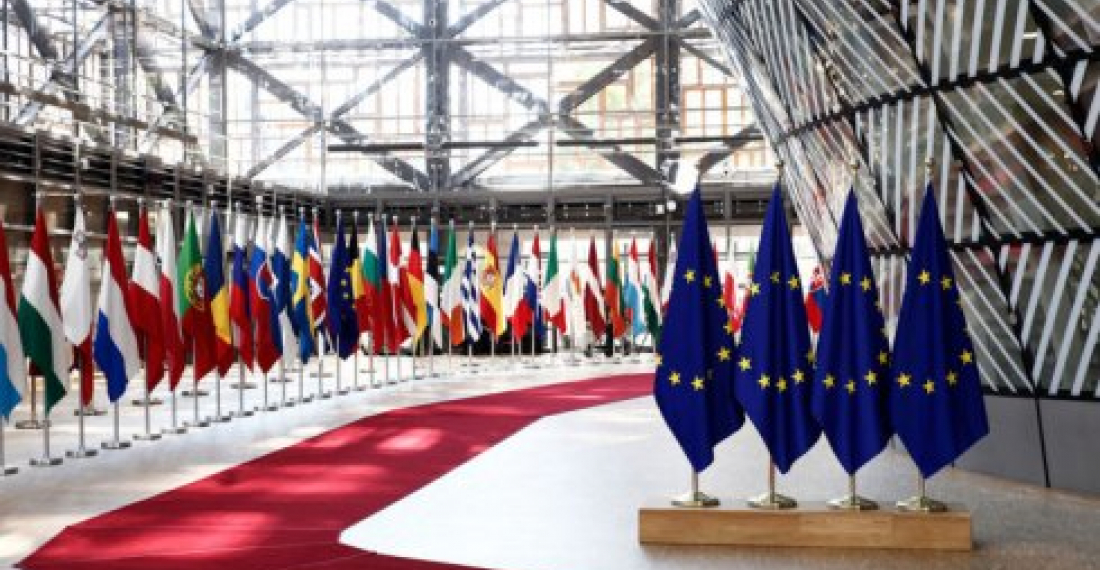The European Union has a new strategy for Central Asia. The strategy was approved at a meeting of the Foreign Affairs Council of the EU held in Brussels on 17 June. A statement said that the strategy adapts EU policy to new opportunities which have emerged in the region.
In its conclusions, the Council welcomes the strengthening of relations between the EU and Kazakhstan, the Kyrgyz Republic, Tajikistan, Turkmenistan and Uzbekistan since the adoption of the first EU strategy for Central Asia in 2007.
It adds:
"The Council endorses the Joint Communication on "The EU and Central Asia: New Opportunities for a Stronger Partnership" by the High Representative and the European Commission which, together with the Council conclusions, provides a new policy framework for EU engagement with the countries of Central Asia over the coming years. The new strategy focuses on promoting resilience, prosperity, and regional cooperation in Central Asia.
The Council underlines its commitment to conclude and implement ambitious and mutually beneficial Enhanced Partnership and Cooperation Agreements (EPCAs) with the interested countries of the region. These agreements remain a cornerstone of the EU's engagement with Central Asia. The Council reiterates that the scope of the EU's relations is linked to the readiness of individual Central Asian countries to undertake reforms and strengthen democracy, human rights, the rule of law and the independence of the judiciary, as well as to modernise and diversify the economy, including by supporting the private sector, in particular small and medium-sized enterprises, in a free market economy.
Recognising the strategic role of Central Asia in global efforts to promote Euro-Asian connectivity and stressing that these efforts should bring benefits to the region, the Council states that it looks forward to increased cooperation with Central Asian countries to promote sustainable, comprehensive and rules-based connectivity. The Council also emphasises the joint interest of the EU and of Central Asian states to intensify cooperation to promote peace in Afghanistan."
Yiou can read the conclusions of the EU Foreign Affairs Council on the new EU strategy towards Central Asia here
source: commonspace.eu







